13 Darkest Skies in the U.S. For Stargazing
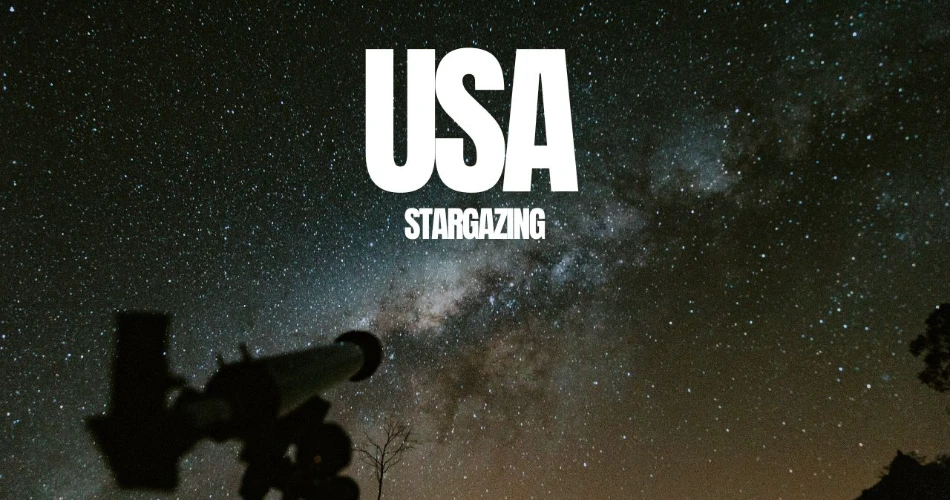
Because City Lights Are Great—But They Won’t Show You Orion’s Belt
If you’ve ever tried stargazing from a city and ended up counting airplanes instead of constellations, you know the struggle is real. Thankfully, the U.S. is full of wide-open, wonderfully dark places where the night sky still puts on a proper show. With the northern lights popping up more often and skies staying extra clear, now’s the perfect time to swap your ceiling for a star dome.
From certified Dark Sky Parks approved by DarkSky International to remote corners where even your phone gives up trying to find a signal, these spots offer the kind of cosmic magic that’ll make you forget about your screen for a while. Whether you're chasing constellations, making a wish on a shooting star, or just trying to spot the Big Dipper without squinting, these places bring the universe a little closer.
So, grab your telescope (or at least your phone’s stargazing app), pack some snacks, and get ready to look up—you’re in for a glowing good time.
Flagstaff, Arizona
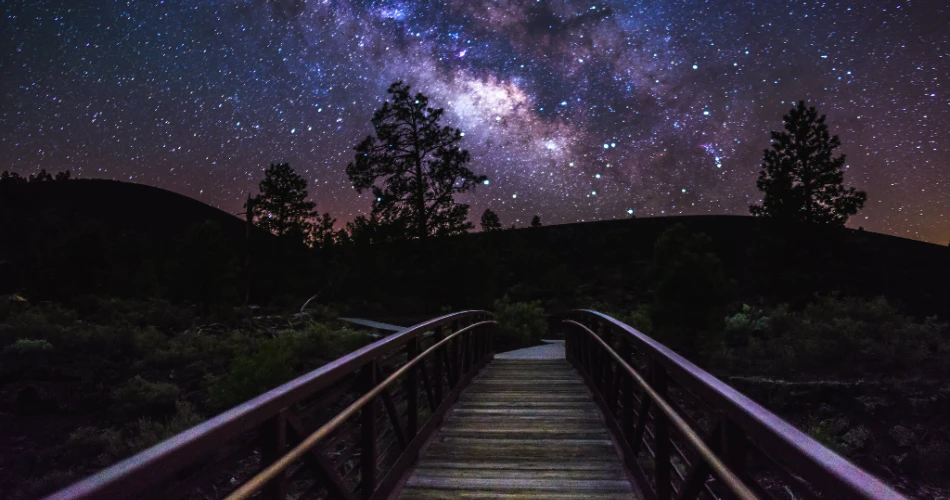
Don't be fooled by its small size; Flagstaff is a haven for stargazers. It was the first International Dark Sky Community with skies that are remarkably dark because of decades of light pollution rules. Visit Lowell Observatory to see rooftop planetariums and antique telescopes, including the one that discovered Pluto. Do you want to observe the Milky Way without going outside the city? That dream becomes a reality in Flagstaff.
Great Basin National Park, Nevada
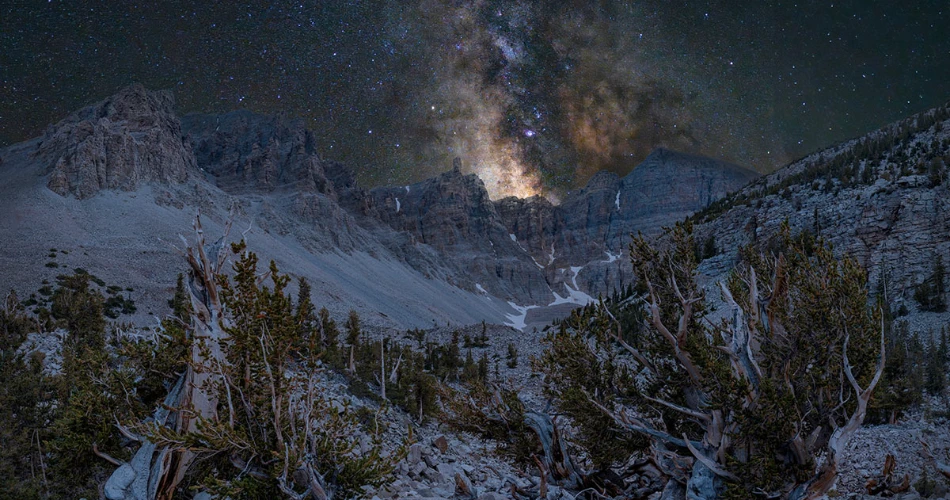
Great Basin National Park is one of the quietest and darkest spots in America, and for stargazers, it is a treasure trove of high-altitude views with almost no light pollution. Camp beneath old bristlecone pines or set up at Mather Overlook, then observe the galaxy whirling above. You can see thousands of stars with your own eyes in this huge haven, which is more than just a park. No crowds. Only stars.
Moab, Utah
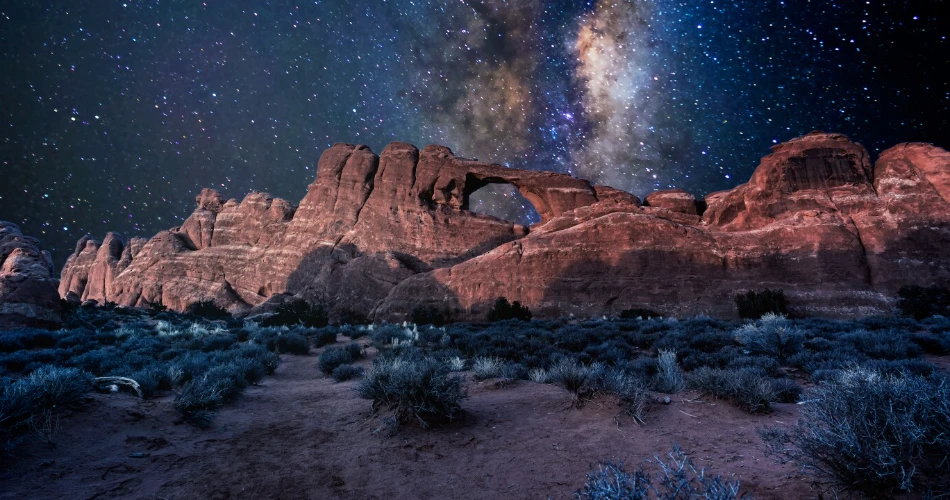
Even though Moab is famous for its wild scenery and rough paths, as night falls, the sky becomes the main attraction. Moab has committed to maintaining clear and clean skies as an official Dark Sky Community. Some of the greatest stargazing in the nation is all around you, with parks like Arches, Canyonlands, and Natural Bridges all close by. To save the night, even locals receive help in upgrading their lights. Stars are treasured and guarded in Moab.
Oregon Outback, Oregon
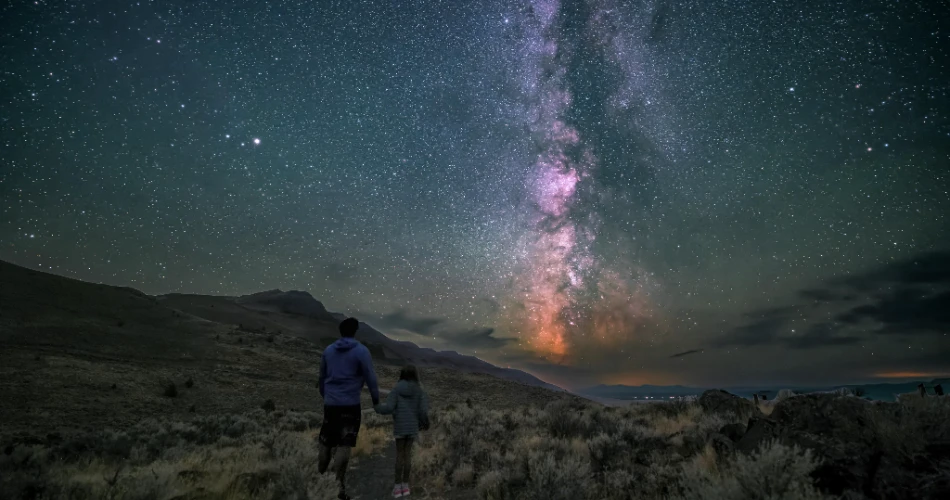
The Oregon Outback is the nation's largest International Dark Sky Sanctuary, which is nestled in the isolated wilderness of southeast Oregon. Throughout the day, hike along desert paths and past petroglyphs created by the Northern Paiute tribe and watch the darkest night sky in America at night. There is only pure darkness, devoid of any glow from neighboring cities. If you're looking for untamed beauty and starry solitude, this is where the sky feels untouched by time.
Greater Big Bend Reserve, Texas
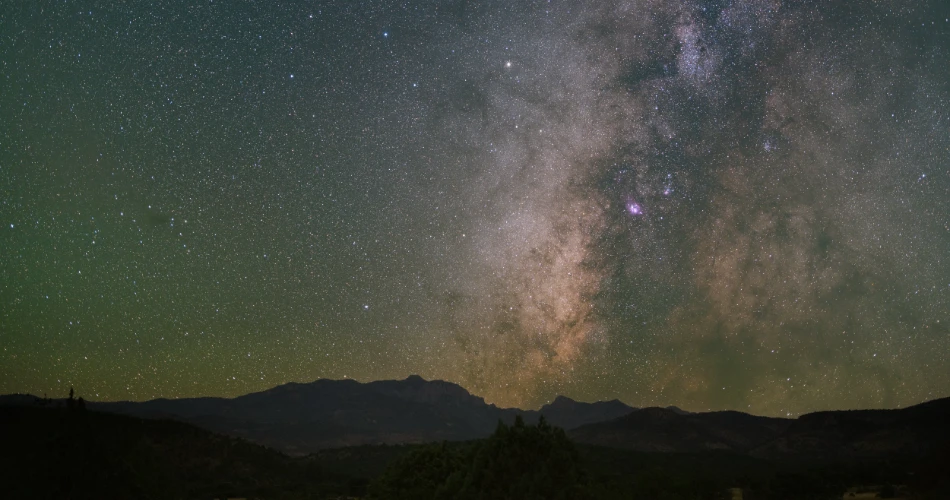
In Texas, everything seems bigger, even the stars. This 9-million-acre Dark Sky Reserve includes a wildlife sanctuary, state parks, and Big Bend National Park. Situated deep in the Chihuahuan Desert, it is the world's largest protected dark sky area. Go to McDonald Observatory for a telescope tour or hike into the desert. The stars are not just sparkling but blazing out here! Don't forget to first check the moon phase!
Glacier National Park, Montana
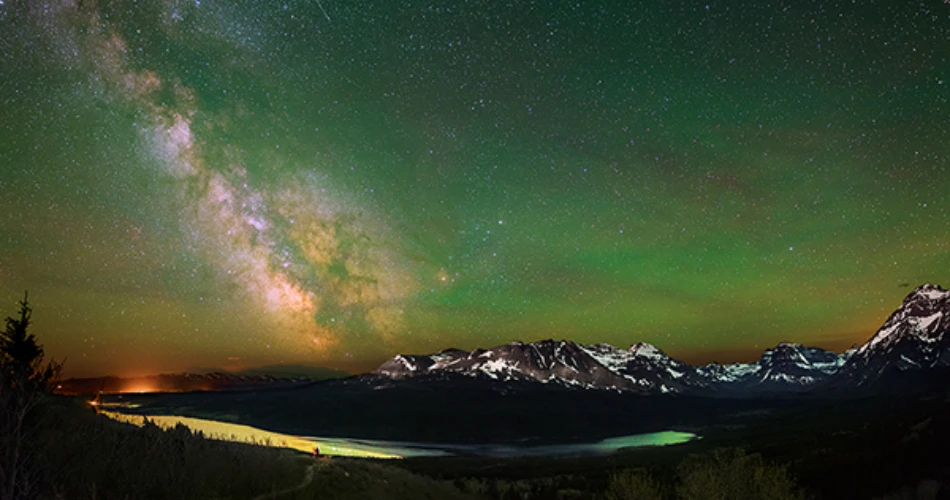
Glacier is truly magical at night, in addition to being breathtaking during the day. This Dark Sky Park provides cross-border views of the sky in collaboration with Waterton Lakes in Canada. While setting up your tent in one of the peaceful campgrounds, let the stars rise over the Rocky Mountains and calm alpine lakes. It will feel as if you are looking at the galaxy from a different planet. Raw, isolated, and memorable, this is the kind of stargazing that slows down time and awakens your soul.
Stephen C. Foster State Park, Georgia
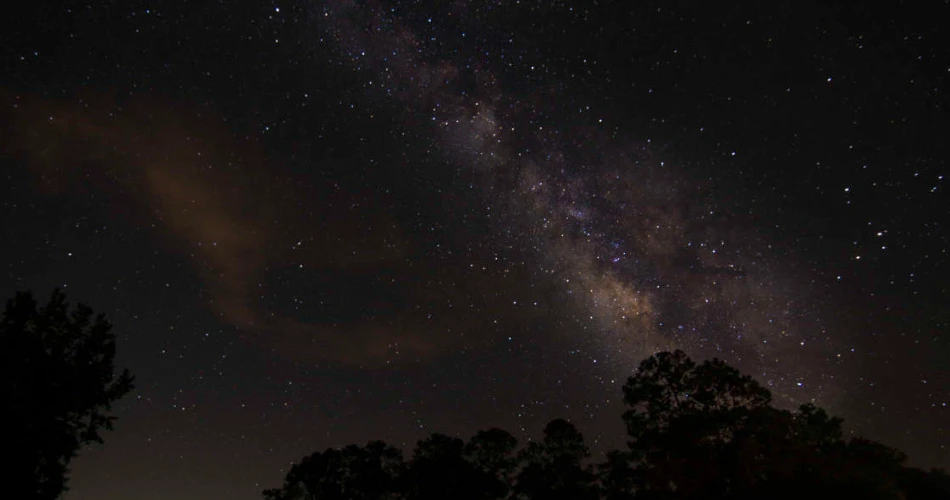
Stephen C. Foster State Park has some of the darkest skies in the Southeast, down in Georgia's Okefenokee Swamp, where gators stalk and cypress trees loom. As Georgia's first Gold-Tier Dark Sky Park, it offers a heavenly, peaceful experience. Here, only the crickets chirp, and the Milky Way shines above the blackwater swamp, no city lights or the hum of the highway. This is where southern stargazers should start their next night out.
Great Sand Dunes National Park, Colorado
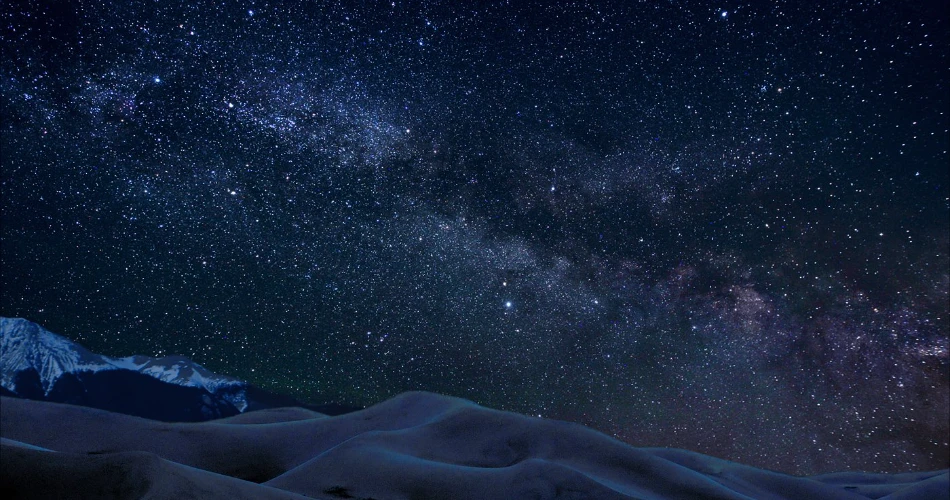
Hike the tallest dunes in North America during the day and then wait after sunset to witness a breathtaking sky show. This park is a stargazer's paradise because of its high elevation, dry air, and complete absence of city light. While you sprawl out on the soft sand, you see planets, constellations, and possibly even the Milky Way slicing through the sky.
Katahdin Woods and Waters, Maine
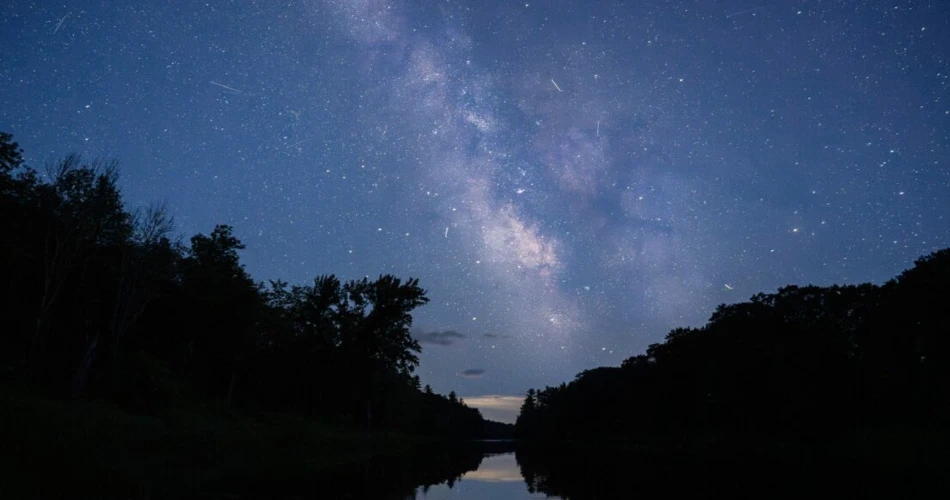
Katahdin Woods and Waters, tucked away in northern Maine, is a haven of peace — and stars. Hikers, paddlers, and stargazers who long for solitude will love this new Dark Sky Sanctuary. After the dark, continue to drive slowly along Katahdin Loop Road. You get the impression that you have entered a desert because there are no cities around to tamper with the stars. This is the place to go if you're looking for silent wonder.
Bryce Canyon National Park, Utah
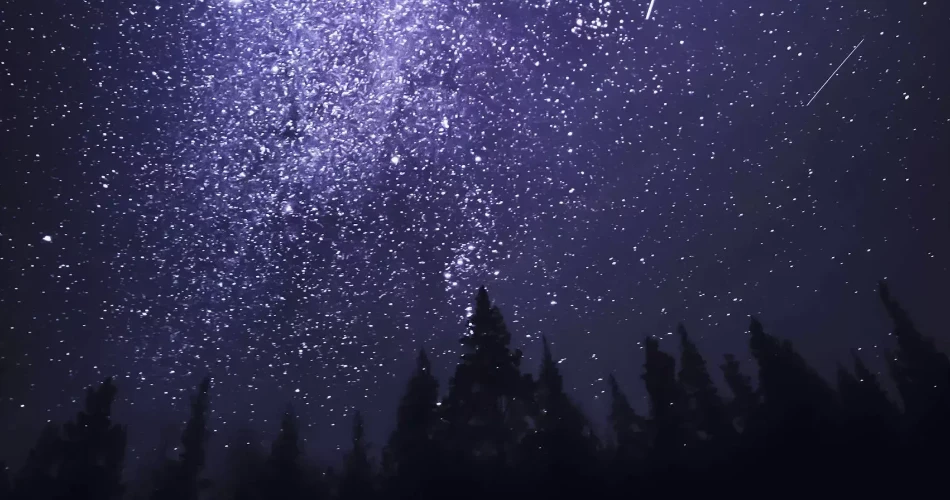
Bryce Canyon National Park, famous for its bizarre spire-like rock formations, offers stunning views at night and throughout the day. With DarkSky's Gold Tier status, the skies here are among the purest in the world. Every June, Rangers hold a full-fledged Astronomy Festival along with stargazing sessions. You can also bring your telescope or just relax and let the stars flood over the towering hoodoos. After dark, Bryce Canyon never lets you down, whether it's your first or hundredth constellation.
Anza-Borrego Desert State Park, California
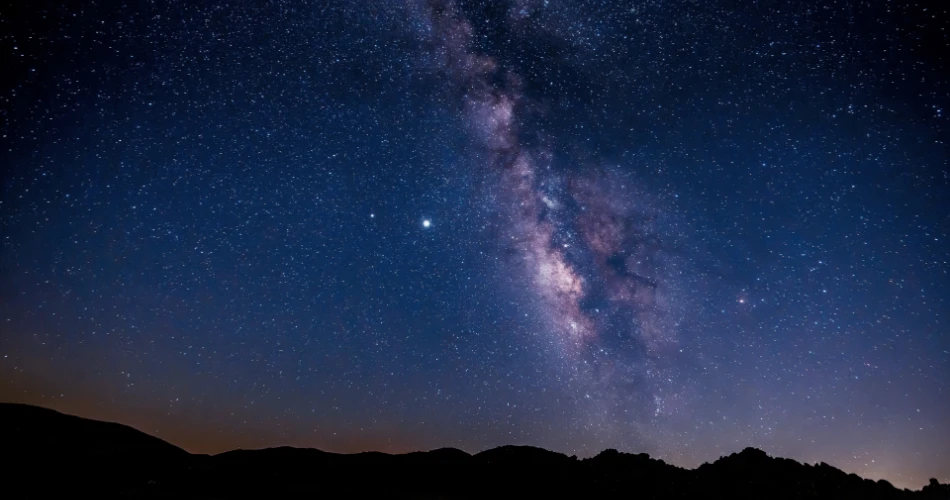
Anza-Borrego, a designated Dark Sky Park only 75 miles from San Diego, has more to offer than huge metal sculptures and desert hikes. The first Dark Sky Community in California is the town of Borrego Springs, located inside the park. Local astronomers provide stargazing tours that expose the mysteries of the night sky. It's the ideal location to combine a walk in the canyon at sunset with a night filled with meteor showers.
Joshua Tree National Park, California
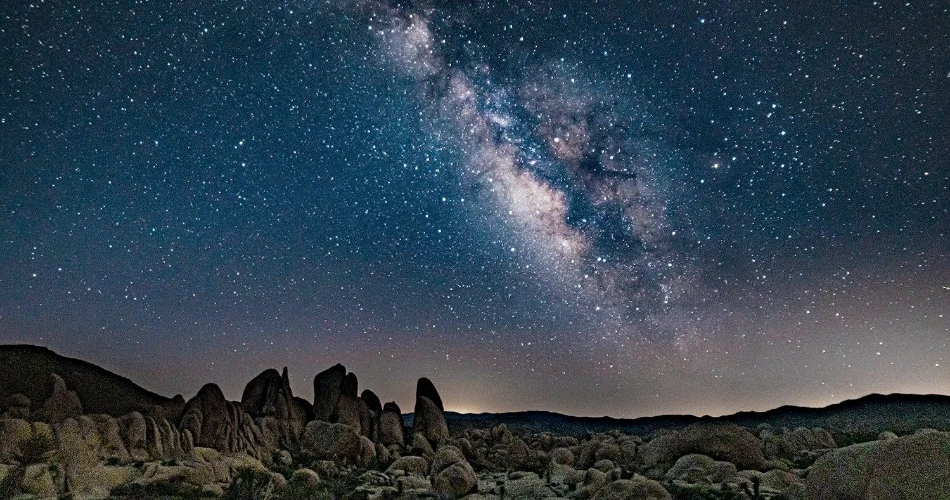
Joshua Tree is an ideal location for astronomy due to its wild landscape and isolated desert location. This park encourages you to relax and gaze up at the sky with four designated stargazing areas and frequent night sky programs. Go to the Pinto Basin region for the clearest skies, away from any glare of the city. Joshua Tree is where the stars burn like wildfire overhead and the desert whispers, whether you're tracking constellations or catching a meteor shower.
Grand Canyon National Park, Arizona
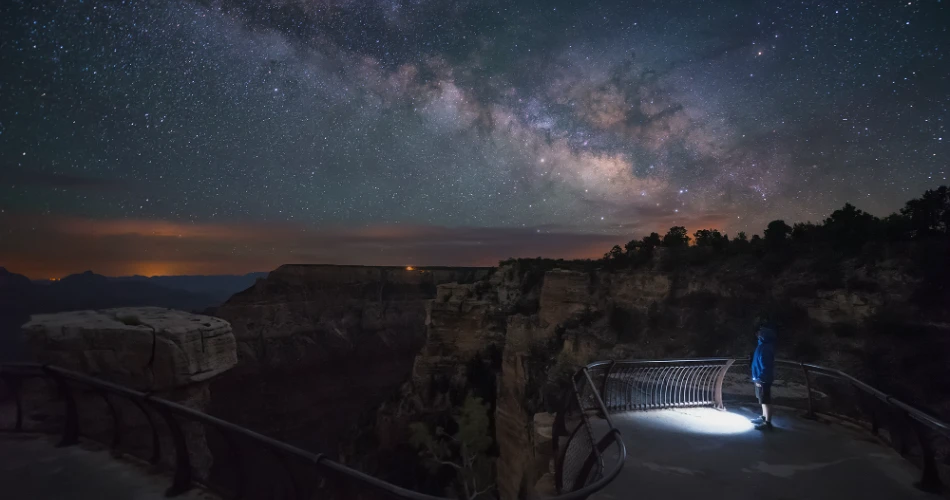
By day, the Grand Canyon's scale steals the show — but stay for the stars, and the night will steal your breath. Certified as a Dark Sky Park in 2019, the park runs a robust night program that includes constellation tours, star parties, and even an astronomer in residence. You won't need a telescope to be awed. Just step away from the rim lights, look up, and realize that some views are just as epic looking skyward.
For the best night in America, look up at the stars instead of the city lights. Silence, awe, and the stars in full bloom can be found in these dark sky locations with the promise of a memorable evening.




